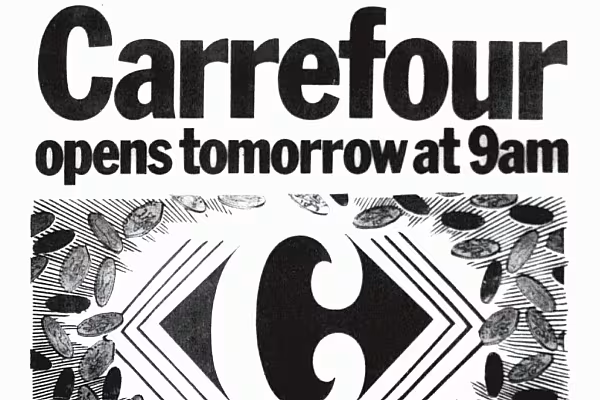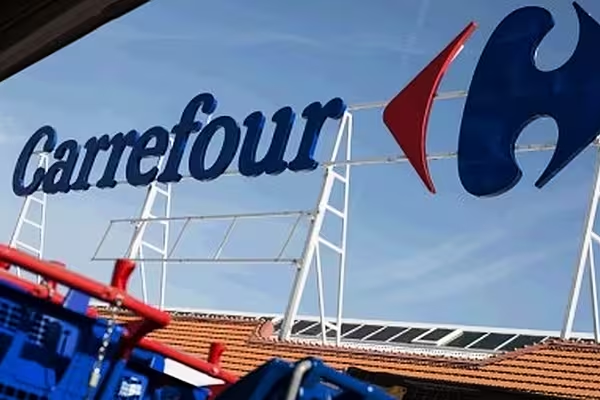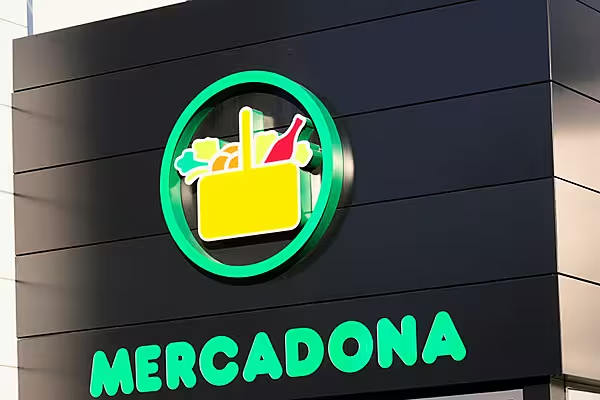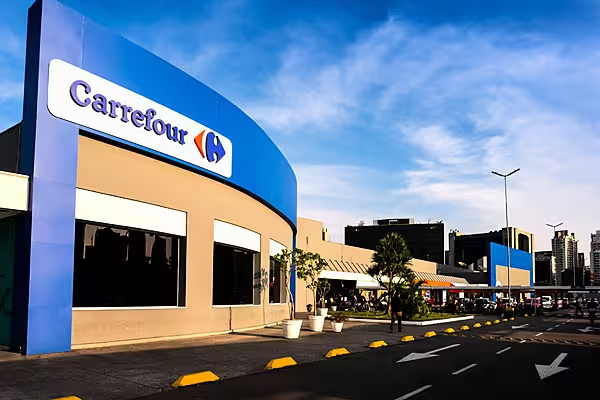French retailer Carrefour crossed the channel to open its first store in the UK, fifty years ago (13 September 1972). ESM editor Stephen Wynne-Jones looks back to when a small town in South Wales became a vision for the future of retail.
“Think of a supermarket – double it. Add a department store with clothes, furniture, hardware, refrigerators and television sets, all self-service. Then add restaurants and a snack bar, and car parking for 960 cars, and you’ve some idea of Britain’s first hypermarket.”
–ITV News Report, September 1972
For some, it was a glimpse at the future, while, for others, it was a devastating blow to local businesses. Either way, French retail giant Carrefour’s first UK hypermarket, in Caerphilly, South Wales, caused quite a stir when it opened its doors 50 years ago.
Having opened its first hypermarket in Sainte-Geneviève-des-Bois, near Paris, nine years earlier, and newly listed on the Paris stock market, crossing the channel was something of a logical step for the upwardly mobile French retailer – much of the UK retail sector was still high-street based, with butchers, bakers, and local tradesmen very much part of everyday life.
Covering a mammoth 100,000 square feet and boasting some 25,000 SKUs – including fashion, furniture, and household appliances – the Pontygwindy Road big-box outlet was unlike anything that Caerphilly, or indeed the UK, had seen before ... except perhaps in news reports from across the Atlantic.
Making A Splash
Carrefour itself was suitably bullish about the move, taking a number of full-page ads in local papers to boast about its expanded offering. As it exhorted in the South Wales Echo, ‘Carrefour is Colossal. Carrefour is Convenient. Carrefour is Cheerful. Carrefour is Crazy Prices. Carrefour is Circus. Carrefour is Car Parking.’
As to the ‘circus’ element? On the opening day, 13 September 1972, the retailer hoisted a circus tent in its car park, which saw comedy duo Mike and Bernie Winters handing out 36,000 free pairs of fashion tights to local shoppers.
Another ad, a few days later, lathered on the hyperbole yet further. ‘Before Carrefour, you had to trail around all four corners of the town to buy the shopping. You had to find somewhere to dump the car. And every time you tried to take the family with you, it probably ended up as a nightmare of shattered nerves and screaming children.’
The response from local store owners was varied. When asked by an ITV reporter whether she was worried about the new store being able to offer lower prices, one retailer replied, “Oh, they will, but I don’t see anybody in town going down to the hypermarket in the middle of the week for a cauliflower or a couple of pounds of potatoes.”
Another shopkeeper – dressed in the familiar white coat and thick-rimmed glasses so befitting of his profession during the time – suggested that shoppers “may go down there out of curiosity for the first week, but I think they’ll drift back shortly,” given the level of personal service that they could experience in smaller outlets.
British Expansion
Carrefour would follow up its grand opening with further outlets in Telford, Chandler’s Ford, Minworth and Patchway, and Swindon Linfood Holdings, a Welsh wholesaler, acquired several of the outlets in the late seventies, and this formed a base for the group’s expansion into retail, led by entrepreneur Alex Monk.
Monk merged Linfood with Gateway Foodmarkets and Dee Supermarkets to create the Dee Corporation, and the Carrefour roll-out continued under its management. Further outlets followed in Dudley, the West Midlands, and the Metrocentre in Tyne and Wear in the mid-eighties, among others.
Monk, however, would go on to shoot for the stars a little too ambitiously, taking over the Fine Fare business in 1986, in a move that plunged the firm into debt.
The Carrefour portfolio was rebranded as Gateway shortly before its sale to supermarket giant Asda towards the end of the decade – but, for a short period of time, in the early 1970s, a small town in South Wales became a vision for the future of retail. [Image: walessince1945.wordpress.com]
© 2022 European Supermarket Magazine – your source for the latest retail news. Article by Stephen Wynne-Jones. Click subscribe to sign up to ESM: European Supermarket Magazine.














